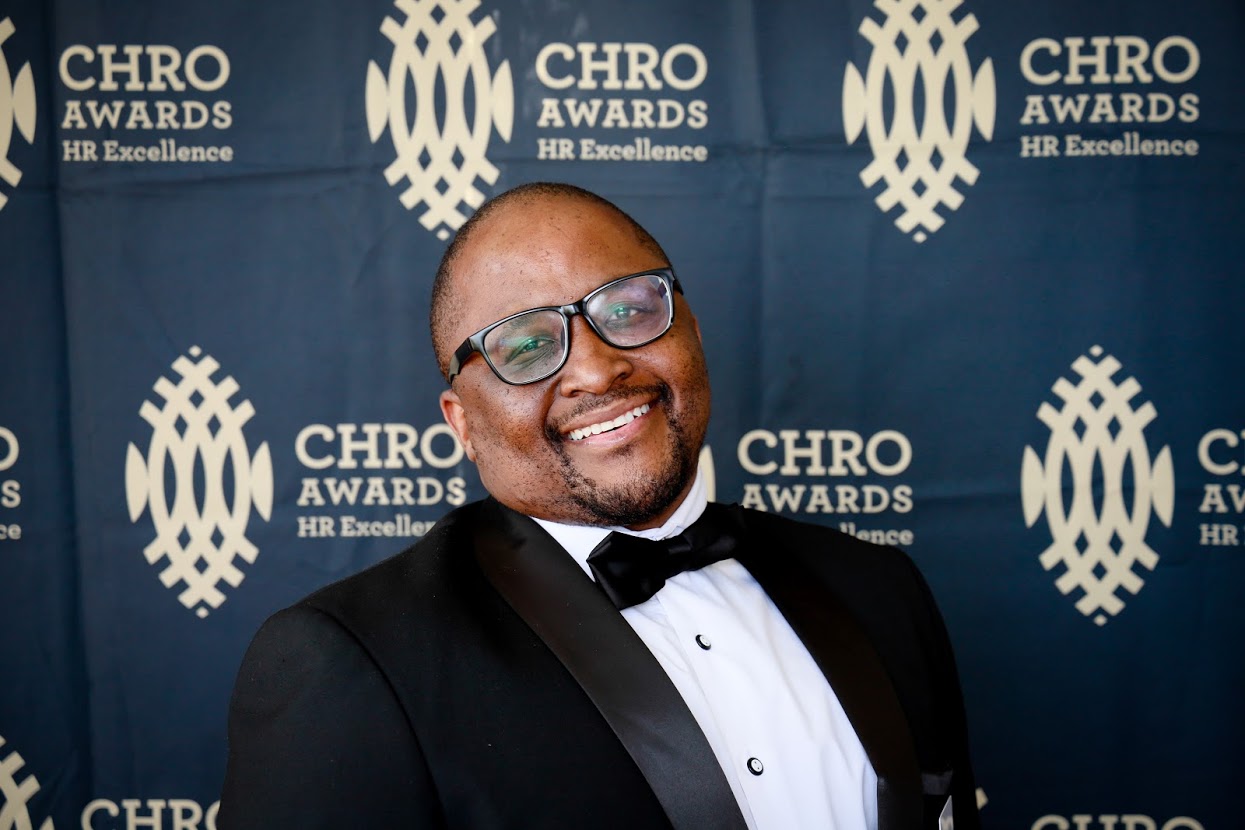Masenyane Molefe says nothing – not her studies nor the first 15 years of her career – pointed towards becoming an HR professional.
The adage that “one doesn’t choose a career in HR – it chooses them”, could not hold truer than it does for PPS group executive for HR Masenyane Molefe. For the first 15 years of her career, Masenyane was doing everything but HR.
She studied BCom Economics with aspirations of becoming an economist and embarked on a professional journey that began as a graduate trainee with the Edcon Group. She then became a market researcher for various companies including Markinor, the global leader in market research known today as Ipsos, later followed by Independent Newspapers and Ask Afrika. She then spent nine years at the South African Revenue Service (SARS) where she held a plethora of roles, joining initially as the executive assistant to then-Commissioner Pravin Gordhan.
Two years after joining, she was sent for three years to South Africa’s high commission in London, UK, where her brief was to build relationships on behalf of the revenue service. She would literally cold-call diplomats, consulates and agencies, to find opportunities for SARS to benefit from their best practices and centres of excellence. In the Netherlands, for example, she organised a visit to Rotterdam, which at the time had one of the world’s most well-run ports from a customs point of view.
“What I didn't realise until I was actually in London, was that a big part of my role would also be to advise South Africans living in that part of the world who wanted to come back home,” says Masenyane, laughing and reflecting fondly on the memories.
“I would tell them about the cost implications of returning to South Africa with the cars they had bought, saying that because we had (and still have) a very protected automotive industry, it was wiser to simply sell their car and buy another one after they were back in South Africa.”
Back to SA with no role
Upon her return to South Africa, Masenyane says she was thrust into all manner of training programmes because SARS was in transition and “didn’t know what to do with me”.
“It's a challenge that many multinationals face when their people return from a secondment abroad,” she says, adding that it was a time when SARS was not what it is today. Its operations fell under the department of inland revenue and the department of customs and excise.
“Part of Pravin’s mandate was to oversee the amalgamation of both those departments into what we know today as SARS. When I came back, he told me I was going to be among the first ‘proper SARS people’, and that required me to learn how both departments operated.”
A year or two later, Masenyane was charged with setting up the SARS corporate relations office. She then became the head of small business, where her job was to enhance revenue collection processes for small businesses.
“I would knock on the doors of National Treasury explaining that ‘this tax law doesn’t work for small businesses, or ‘that policy is a disincentive for entrepreneurs to be tax compliant.”
But, it was somewhat of a thankless task, says Masenyane, because South Africa’s biggest tax leakage comes from large corporations with entire departments dedicated to exploiting loopholes in tax policy. So despite her best ideas for the small business division, SARS had bigger fish to fry.
15 years later
It was then that she decided to make a change and sent out her CV without any idea of the kind of role she could land based on her concoction of work experience. The CV eventually found its way to Nedbank’s then head of retail banking, Clive van Horen, who, despite not having a role for her at the time, was convinced that she belonged at Nedbank precisely because of her varied experience.
In 2008, he eventually called her with a role as the head of HR for his division, saying he wanted “a non-HR person with strong business acumen”.
“I told him, ‘you do realise that there is nothing in my CV that indicates my suitability for an HR leadership role, right?’ I mean, my undergrad was in Economics and Operations Research. And I didn’t even enjoy the Industrial Psychology module that I studied at university as part of that degree,” recalls Masenyane.
“Despite that, he wanted me there, promising that he would support me and provide me with a team of seasoned HR professionals who would handle all the operational stuff. And that’s how I became an HR professional, 15 years into my career.”
Masenyane says she was fortunate to “cut her HR teeth” at Nedbank, which already had very well-developed people practices. Many of the operational initiatives were determined at the group level and her role was to ensure that those things were getting done, while also providing strategic input from a people perspective.
Says Masenyane: “I took well to it and even started enjoying it. When I was a young woman, all I wanted was to become an economist. I was enamoured particularly with macroeconomics in so far as it allowed me to understand the challenges of our country, which are too big to be solved by the government alone. The more I worked in HR, the more I realised how impactful it could be in steering corporate South Africa’s contribution towards addressing unemployment and inequality.”
Thirteen years since joining Nedbank, Masenyane loves HR and says she would not change a thing about her career.












